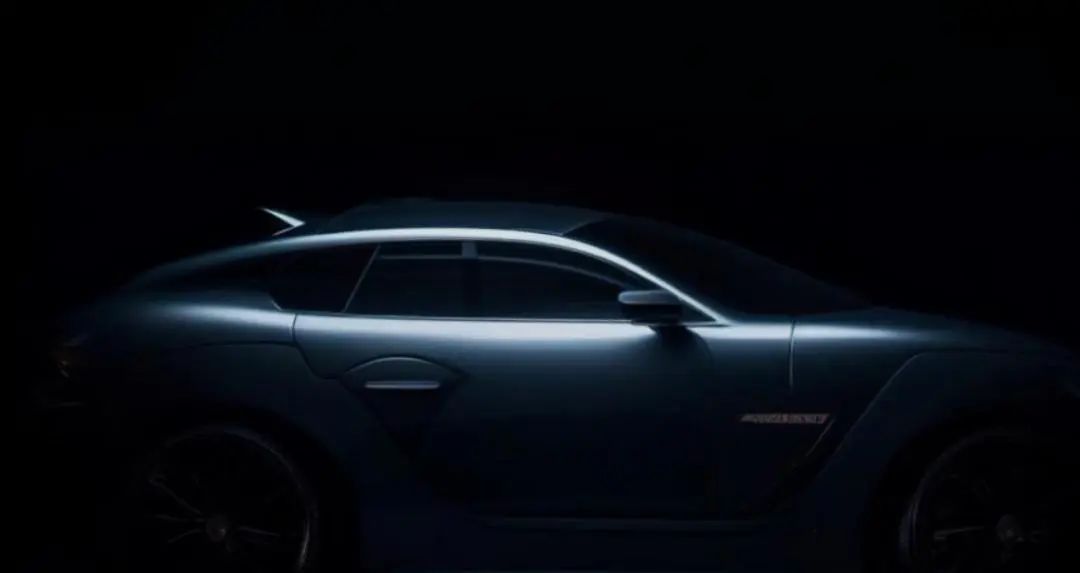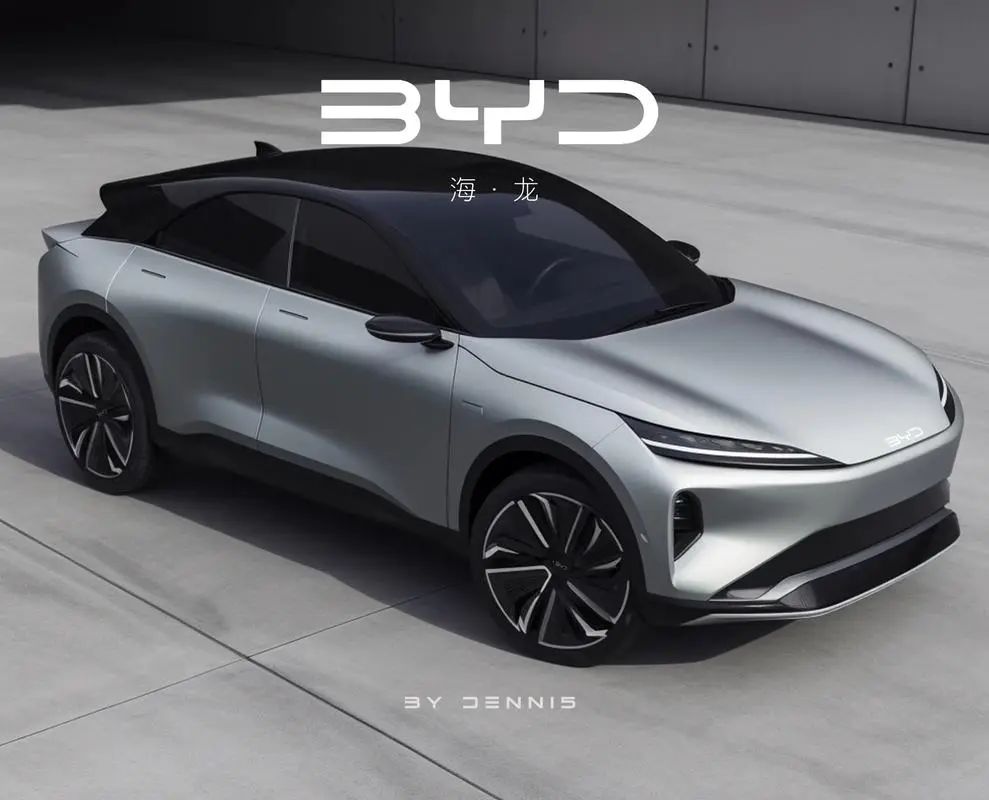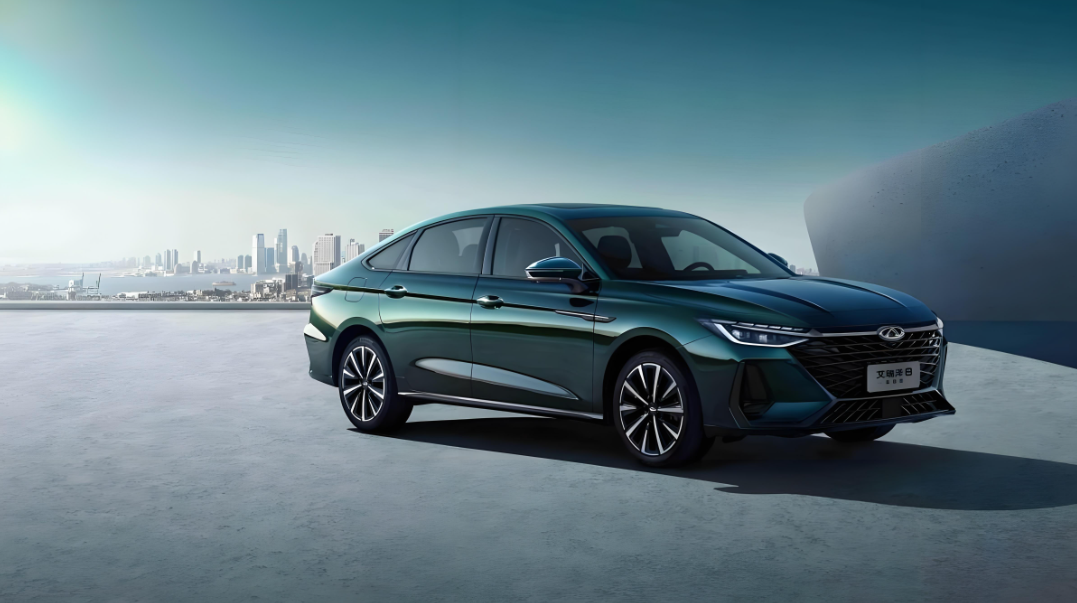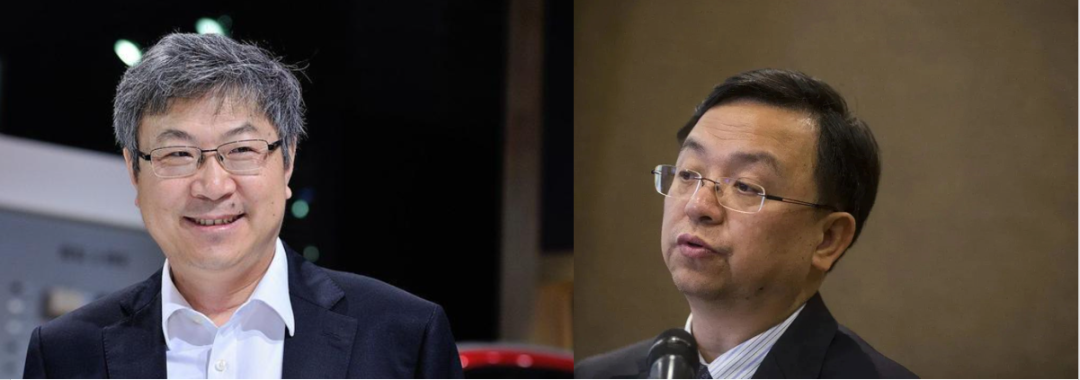BYD and Chery's Perfections and Imperfections
![]() 08/27 2024
08/27 2024
![]() 553
553

Woodcutter's Work, People, Cars, and the Rise of China's Auto Industry Witnessed by the Jianghu
China's auto industry is rising and overtaking traditional auto powers, forming a clear trend.
China has surpassed traditional auto powers in two tracks: the new energy track through a lane change and the traditional track through straight-line acceleration.

Among many Chinese automakers, BYD and Chery are two typical representatives. Both have made remarkable achievements in surpassing their competitors, earning them the label of "perfect." However, no one is perfect, and there are still areas for improvement for BYD and Chery.
1. New Energy Track: BYD Unrivaled
Calling BYD a leader in the new energy track should not be controversial.
BYD is the most aggressive player in the new energy track, all-in on this sector. It was the first Chinese automaker to announce and implement the abandonment of traditional fuel vehicles, demonstrating its determination.

BYD's all-in strategy has paid off. For three consecutive months, it has surpassed 300,000 sales. As of July this year, BYD sold 1,955,300 vehicles, up 28.83% from 1,517,700 in the same period last year.
BYD's sales surge has driven overall growth in China's auto market. As of July, China's passenger vehicle market had retail sales of 11,556,000 vehicles, up 2.3% year-on-year. In July, conventional fuel vehicle retail sales were 840,000, down 26% year-on-year and 7% month-on-month. From January to July, conventional fuel vehicle retail sales were 6,570,000, down 15% year-on-year.
You could say that new energy vehicles, represented by BYD, are propping up China's passenger vehicle market growth, or that new energy vehicles are defeating and taking market share from conventional fuel vehicles.
Regardless of the rhetoric, one conclusion stands: China's new energy vehicles are winning against conventional fuel vehicles.
This victory is supported by data. In July, the retail penetration rate of China's new energy vehicles was 51.1%, meaning 51.1 out of every 100 vehicles sold were new energy vehicles.
If surpassing in the new energy vehicle market is considered a "technology-free" or "evasive" achievement, Chery's breakthrough in core components of fuel vehicles can be seen as a breakthrough for China against traditional auto powers in the traditional track.
2. Chery: Blossoming Beyond Borders
You may not know that Chery is currently China's largest automobile exporter.
If you think sales figures are too vague, consider this: Chery's engines and transmissions, the core components of conventional fuel vehicles, are supplied to many foreign luxury brands.

Chery's international clients include Kawasaki Heavy Industries (Japan), Hyundai (South Korea), Ford (USA), and Fiat (Italy).
Some even say that Chery is an engine manufacturer that happens to make cars on the side.
According to the latest information, Chery's 1.6T engine ranks first on the global engine rankings, demonstrating its excellence in performance and technology.
In terms of thermal efficiency, Chery recently announced an engine product with a thermal efficiency of 48% (not yet mass-produced), leading the industry.
In transmissions, Chery's 8AT transmission also stands out.
Chery's breakthrough in core components undermines the argument that China's pursuit of new energy vehicles is an "escape" from the inability to surpass other countries in conventional fuel vehicle technology. Additionally, Geely's engines are also used in some Mercedes-Benz models, achieving reverse exports to traditional auto powers.
Despite Chery and Geely's technological prowess, many Chinese still believe that China's traditional auto technology lags behind that of foreign countries.
Part of this perception stems from a fixed mindset, and also from the fact that Chery and Geely's surpasses are primarily technological rather than in brand value.
3. Converging Paths to the Fortune Global 500
BYD and Chery, representing different tracks of China's auto industry, have achieved remarkable success this year by entering the Fortune Global 500 list. This reflects and acknowledges their achievements.
We believe they will continue to progress, but it will take time.
Some argue that China's auto industry is large but not strong, citing Toyota's global sales leadership and higher profits than many domestic automakers. This perspective is somewhat myopic.
The decline of foreign brands like Toyota and Volkswagen will take time; so will the rise of Chinese automakers like BYD and Chery.
Toyota's decline and BYD's rise both require time, but the trend is undeniable.
We believe this will not take too long.

It is important to note that the rise of Chinese automakers like BYD and Chery will not be flawless.
Some automakers have been exposed for labor issues such as exploitation, unpaid overtime, and reduced wages and benefits. These automakers must address these imperfections and rectify their mistakes.
China's auto industry rise is a rise of its entire supply chain. Automakers must share the fruits of this rise with their employees.
Employees in the supply chain have the right to share in this prosperity. We hope that the rise of Chinese automakers does not alter the welfare ecosystem of the auto industry, and if it does, we hope it is for the better, not the worse.







